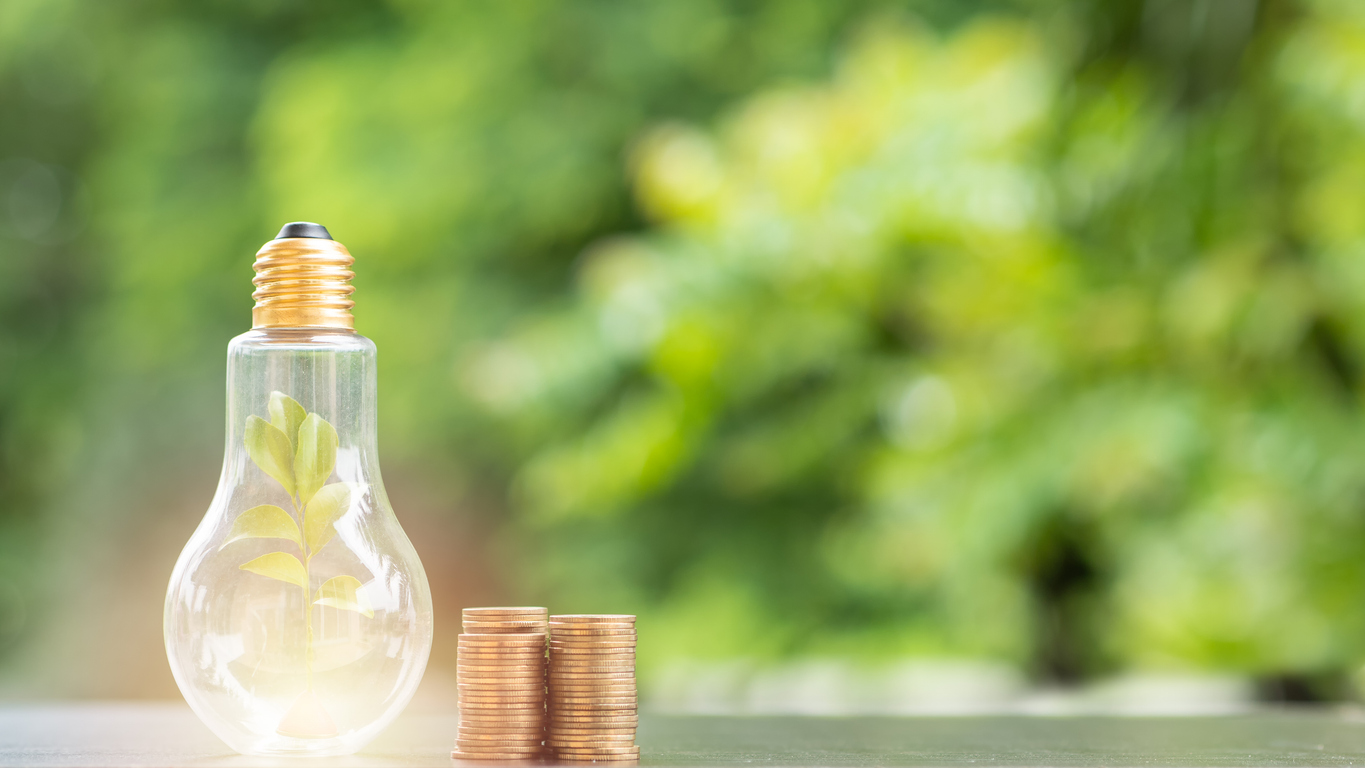Register Your Interest

Register your interest

There's nothing worse than opening your energy bill and finding it's higher than expected.
So it’s time to take charge and look at how you can at how you can cut electricity costs around your home and save more on your electricity bill.
There are plenty of changes - big and small, that can add up to reduce your bills and help you play your part in reducing emissions. Here are our top tips for keeping the energy meter down and putting more money back into your pocket.
Heat and cool your space efficiently.
For the average home, heating and cooling can account for 27% of your energy consumption.
So, no matter the time of year, it’s important to check your house is properly sealed and insulated. If your walls and windows aren't air-tight, your winter heating, and your summer air-conditioning probably aren't working as well as they should – and are costing you more than expected. By keeping warm or cool air in, you’ll need less power to control the temperature, leading to less reliance on heating and cooling systems and helping you save and keep electricity costs down.
Other more energy efficient and cost-effective ways to keep your heating and cooling costs down in include…
On warmer days…
On cooler days…
In general…
Be smart around the house.
Apart from cooling and heating, there are lots of other ways to save power and money at home. Start by turning off lights when you’re not in a room.
Also watch out for standby power appliances like TVs, computers kitchen appliances and other utilities around the house that draw on electricity even when you’re not using them. Turn them off at the power point when you go to bed, and you'll save on bills while you sleep.
And consider switching to LED bulbs for your home lighting, which use up to 75% less energy.
Stay out of hot water.
Hot water accounts for 29% of the average household's energy use. So where you can, save money by cutting down your hot water usage.
In the laundry, only run the washing machine when you have a full load and try washing your clothes in cold water; in the bathroom, try shortening time spent in the shower; and in the kitchen, wait until the dishwasher is full before running and choose to run in energy-saving mode.
Always take time to read your power bills properly.
Energy prices change over time. So even if you're confident you've got the best deal right now, don't forget to check back with Victorian Energy Compare regularly. It's constantly being updated with the latest offers from energy retailers so you can make sure you're getting the best deal all year round.
Energy Rating
Not all appliances are made equal; some tend to be more energy efficient than others, and the model and type of appliance you purchase can impact how much electricity you’re paying for. So always make sure you check the Energy Rating Label when buying new appliances. The more Energy Rating stars you have, the cheaper your appliance is to run.
Consider switching to solar.
Solar panels allow you to capture sunlight and convert it to electricity to be used in your home. This reduces the amount of electricity you need to buy from your energy provider.

Register your interest